Self-sensing materials will find a range of applications from tissue engineering to building lightweight aircraft.


Self-sensing materials will find a range of applications from tissue engineering to building lightweight aircraft.
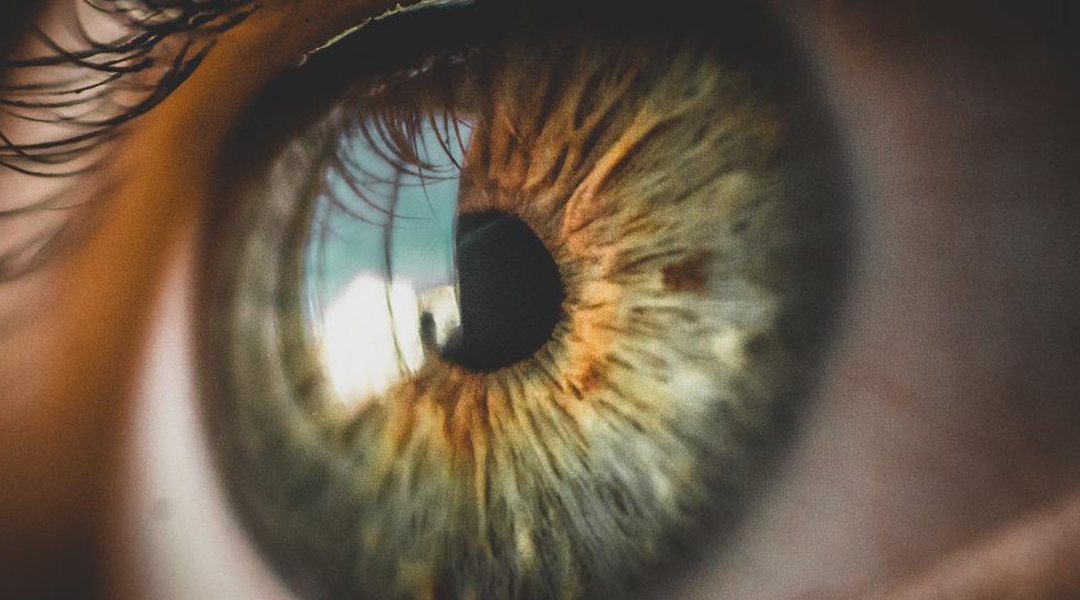
Forcing robots to see through a human’s eyes is limiting. Smart robotic eyes that can think for themselves could be the answer.

The new sensors reliably and uniformly detected molecular signals, and their performance remained intact when tested again after two and a half months.
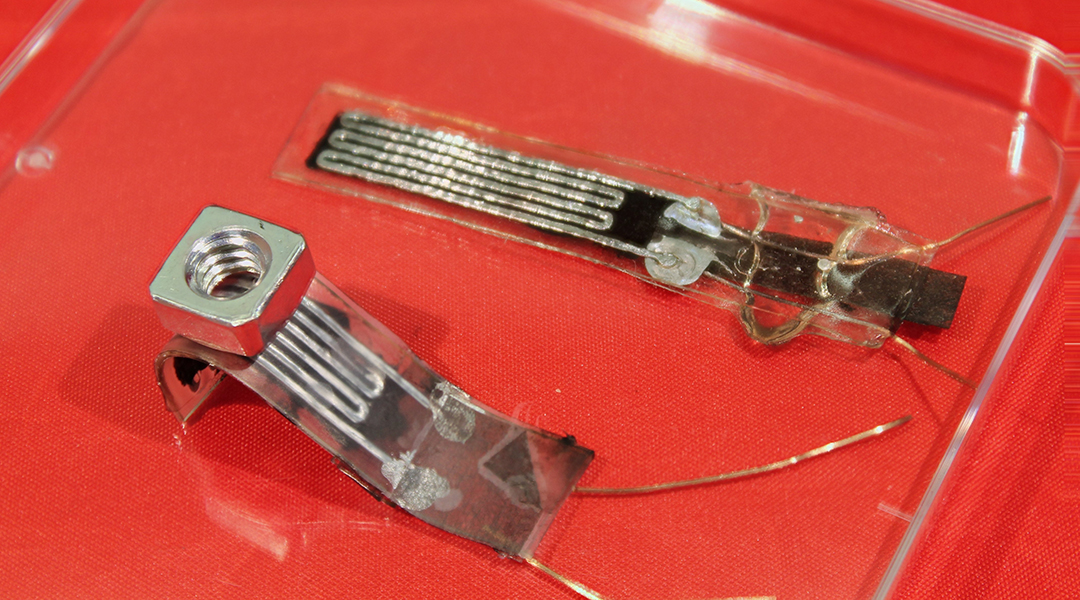
A new surface treatment enhances the adhesion of double-sided tape to make stickier tapes for soft electronics.

A smart electronic nose that mimics the human nose with its millions of receptor cells and ability to differentiate smells.
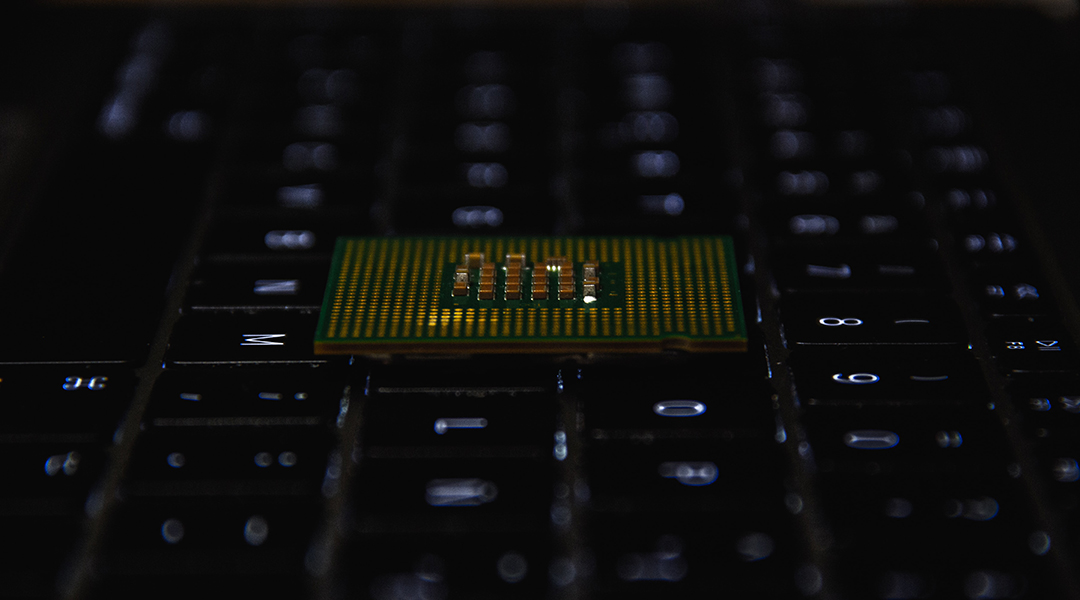
An in-memory computing prototype provides a promising solution for edge computing systems to implement continual learning.
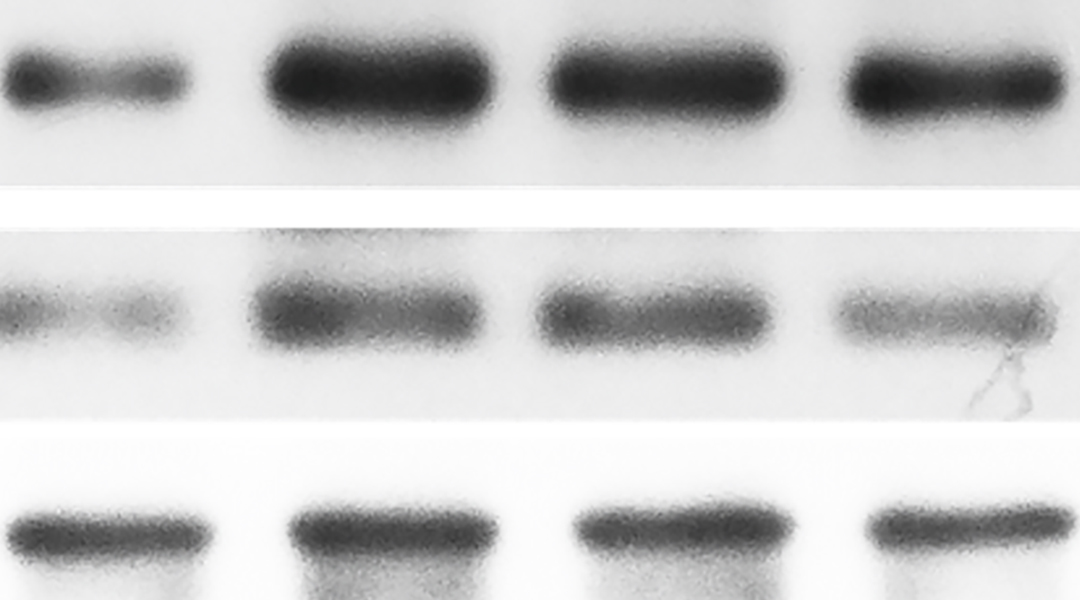
Deepfakes in the biomedical literature are coming, if they aren’t here already.

Using light-based polymerization, researchers have reduced the amount of time needed to 3D print certain medicines from minutes to seconds.
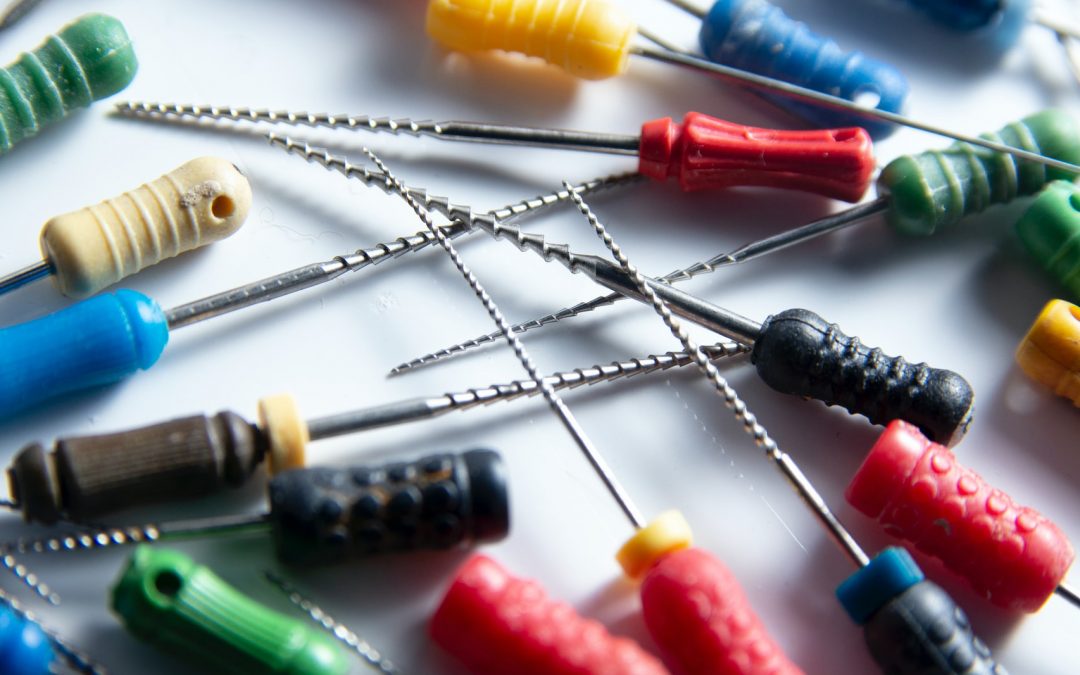
Disinfecting nanobots could be the key to preventing the failure of root canal fillings post-treatment.

Researchers explore how manipulating the properties of chocolate metamaterials can change our enjoyment of it.